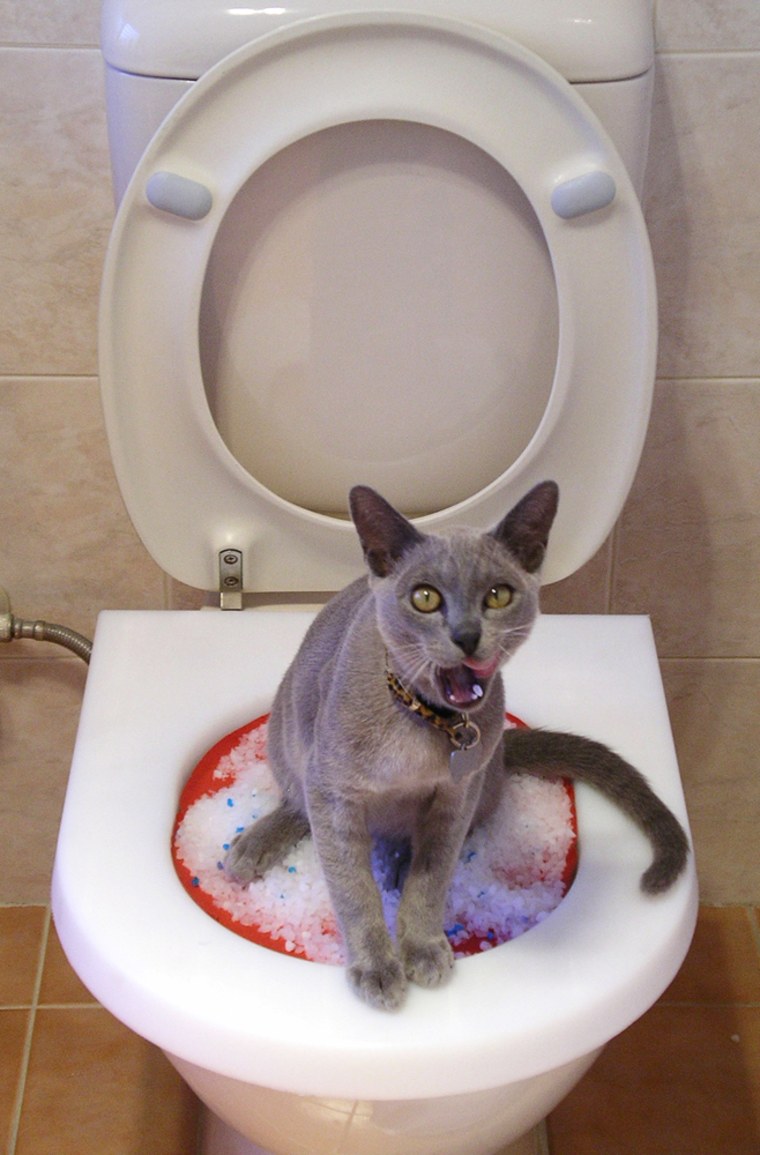What are your thoughts with regards to Can You Flush Cat Poo or Litter Down the Toilet??

Introduction
As feline owners, it's necessary to be mindful of exactly how we take care of our feline good friends' waste. While it might seem convenient to flush cat poop down the commode, this technique can have destructive repercussions for both the setting and human health and wellness.
Alternatives to Flushing
Fortunately, there are much safer and a lot more accountable methods to dispose of feline poop. Consider the adhering to choices:
1. Scoop and Dispose in Trash
One of the most typical method of dealing with pet cat poop is to scoop it into a biodegradable bag and toss it in the trash. Be sure to utilize a dedicated trash scoop and dispose of the waste quickly.
2. Use Biodegradable Litter
Choose eco-friendly cat trash made from products such as corn or wheat. These trashes are eco-friendly and can be safely thrown away in the garbage.
3. Hide in the Yard
If you have a yard, consider burying feline waste in an assigned area away from vegetable gardens and water sources. Make sure to dig deep sufficient to avoid contamination of groundwater.
4. Install a Pet Waste Disposal System
Invest in an animal waste disposal system specifically designed for pet cat waste. These systems make use of enzymes to break down the waste, minimizing odor and environmental influence.
Health and wellness Risks
In addition to environmental problems, purging cat waste can additionally present health threats to people. Cat feces might include Toxoplasma gondii, a bloodsucker that can cause toxoplasmosis-- a possibly extreme health problem, especially for expectant females and people with damaged immune systems.
Ecological Impact
Flushing feline poop introduces unsafe virus and parasites into the water, positioning a significant threat to water ecological communities. These pollutants can negatively influence aquatic life and concession water high quality.
Verdict
Accountable family pet possession expands past giving food and sanctuary-- it additionally includes appropriate waste administration. By refraining from flushing cat poop down the commode and going with different disposal techniques, we can reduce our environmental impact and safeguard human health.
Why You Should Never Flush Cat Poop Down the Toilet
A rose by any other name might smell as sweet, but not all poop is created equal. Toilets, and our sewage systems, are designed for human excrement, not animal waste. It might seem like it couldn’t hurt to toss cat feces into the loo, but it’s not a good idea to flush cat poop in the toilet.
First and foremost, assuming your cat uses a litter box, any waste is going to have litter on it. And even the smallest amount of litter can wreak havoc on plumbing.
Over time, small amounts build up, filling up your septic system. Most litter sold today is clumping; it is made from a type of clay that hardens when it gets wet. Ever tried to scrape old clumps from the bottom of a litter box? You know just how cement-hard it can get!
Now imagine just a small clump of that stuck in your pipes. A simple de-clogger like Drano isn’t going to cut it. And that means it’s going to cost you big time to fix it.
Parasitic Contamination
Believe it or not, your healthy kitty may be harboring a nasty parasite. Only cats excrete Toxoplasma in their feces. Yet it rarely causes serious health issues in the cats that are infected. Most people will be fine too if infected. Only pregnant women and people with compromised immune systems are at risk. (If you’ve ever heard how women who are expecting are excused from litter cleaning duty, Toxoplasma is why.)
But other animals may have a problem if infected with the parasite. And human water treatment systems aren’t designed to handle it. As a result, the systems don’t remove the parasite before discharging wastewater into local waterways. Fish, shellfish, and other marine life — otters in particular — are susceptible to toxoplasma. If exposed, most will end up with brain damage and many will die.
Depending on the species of fish, they may end up on someone’s fish hook and, ultimately on someone’s dinner plate. If that someone has a chronic illness, they’re at risk.
Skip the Toilet Training
We know there are folks out there who like to toilet train their cats. And we give them props, it takes a lot of work. But thanks to the toxoplasma, it’s not a good idea.

As an avid person who reads about How to Dispose of Cat Poop and Litter Without Plastic Bags, I imagined sharing that piece of content was a good idea. Be sure to set aside a second to share this entry if you appreciated it. Kudos for your time. Come back soon.
This Resource